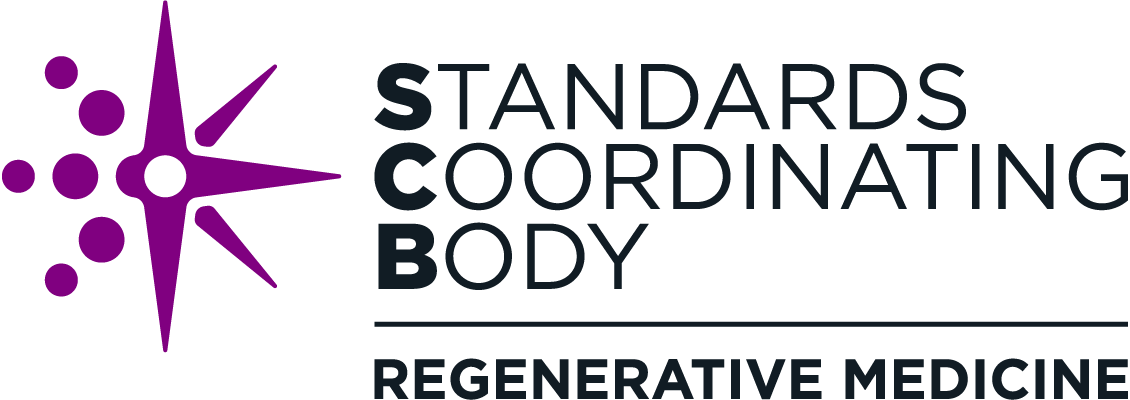Four New High-Priority Standards Initiatives
Standards needs evolve rapidly in the regenerative medicine field. Alongside our work to advance our ongoing standards projects, SCB continuously works with stakeholders from the community to identify new high-priority standards initiatives that could benefit from our coordination support to align stakeholder efforts and drive momentum. Here are some of the latest standards initiatives we are helping to advance.
1. Chain of Custody (COC)/Chain of Identity (COI)
Overview: The COC/COI standard initiative grew out of our labeling project, which seeks to update the current ISBT 128 labeling standard with requirements specific to regenerative medicine. COI and COC are both identifiers that are used in the manufacturing process to ensure safety and quality.
Challenge: While both COC and COI have agreed upon general concepts, they do not have standardized definitions and strategies. These aspects of the labeling process are complex and would benefit from targeted guidance to ensure uniform requirements throughout the therapy supply chain.
Current status: SCB is currently coordinating working group discussions to assess the feasibility of developing a potential standardization of the COC/COI identifiers.
2. Microphysiological Systems
Overview: Microphysiological systems models simulate the physiologic activities of organs and organ systems at the microscale.
Challenge: Few standards exist for this emerging technology, and the field could benefit from additional guidance on topics such as an establishment of a shared lexicon, data management, defined functional parameters, and methods of assay validation.
Current status: SCB has been working with organ-on-a-chip experts to coordinate drafting of a multi-author journal article on the organ-on-a-chip standards landscape. We are expanding this education and outreach initiative to include the advancement of organ-on-a-chip documentary standards. SCB is currently helping the working group assess needs and potential focus areas for a standard.
3. Tissue Engineering Lexicon
SCB is coordinating multiple efforts to help standardize tissue engineering terms to help ensure that the resulting standards are consistent and complementary. These efforts include:
ASTM F2312, Standard Terminology Related to Tissue Engineered Medical Products: This ASTM standard is being revised to reflect how terminology is currently used in the tissue engineering community.
American Society of Mechanical Engineers (ASME) Thermal Medicine Lexicon: SCB is coordinating a working group as it prepares to draft an ASME terminology standard focused on thermal medicine terms.
ASME Thermal Medicine Tissue Material Properties: This related ASME standard effort focuses on terms related to the properties of tissue materials used in thermal medicine.
4. Base Requirements for Digital Platforms for Providers
Overview: There are currently various different digital platforms for providers that are in use.
Challenge: The differences in training and user interfaces across platforms can result in confusion and errors. Standardized data formatting requirements for digital platforms would allow flexibility for digital platforms while simplifying the collection and input of information for users.
Current Status: SCB is currently assembling a working group to assess feasibility of this type of standard.
Get Involved
To join any of these efforts or learn about other ways you can contribute to regenerative medicine standards development, contact SCB or join a sector working group.
